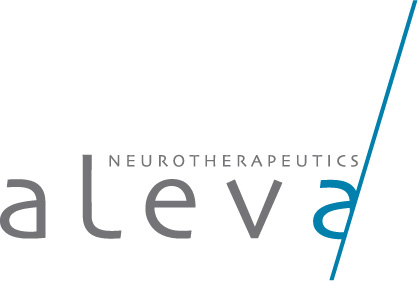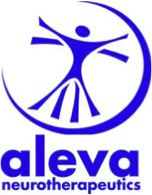Tag: Parkinson’s Disease
Company News: BRAIN Publication Demonstrates Significantly Improved Therapeutic Window of Deep Brain Stimulation Using directSTIM™ Directional Electrode

– Study confirms proof-of-concept for innovative DBS lead developed by Aleva Neurotherapeutics
Aleva Neurotherapeutics, a company developing next-generation implants for Deep Brain Stimulation (DBS) in major neurological indications such as Parkinson´s disease, today announced the publication of the results of an intraoperative study with its novel directSTIM™ directional lead. Data were published in the peer-reviewed journal Brain – A Journal of Neurology.*
The data presented in Brain are based on 11 patients with Parkinson´s Disease and 2 patients with essential tremor. In the study, clinical investigators assessed the intraoperative clinical effect of directional stimulation using Aleva’s directSTIM™ lead. This device features two rings consisting of three independent electrodes each. The angular position of the electrodes allows stimulation at 0°, 120° and 240° directions Directional stimulation was tested at the target determined for the permanent lead. The clinical investigators compared the therapeutic window (defined as the electrical current at which side-effects occur minus the current at which a significant therapeutic effect is observed) of directional and classical stimulation. Compared to omnidirectional stimulation, the therapeutic window in the best direction was 41% wider. Furthermore, the current threshold producing meaningful therapeutic effects in the best direction was 43% lower than in omnidirectional stimulation. No complication was observed due to the insertion and removal of the directional lead or during testing.
* Reference:
Pollo C, Kaelin-Lang A, Oertel MF, Stieglitz L, Taub E, Fuhr P, Lozano AM, Raabe A, Schüpbach M – Directional deep brain stimulation: an intraoperative double-blind pilot study. Brain 2014; doi:10.1093/brain/awu102.

